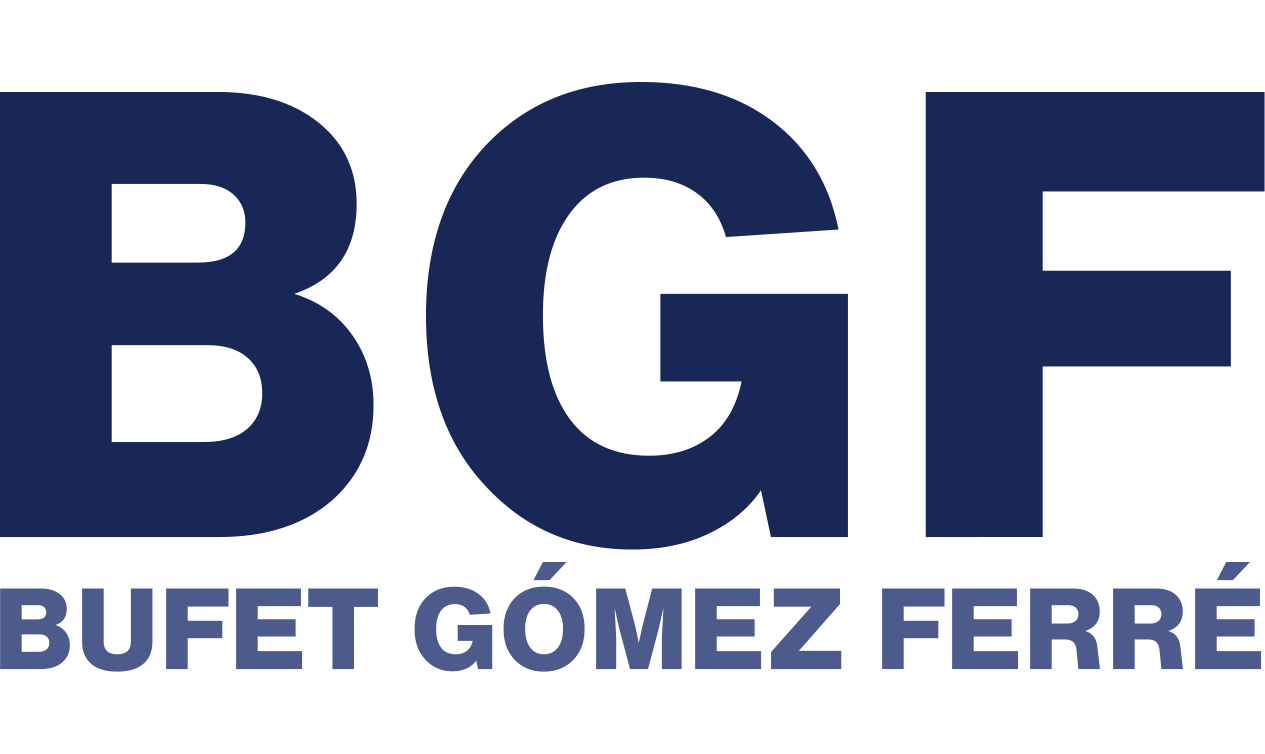
In the field of claims against administrators, the process of claiming debts from dissolved companies may seem complicated, but it is entirely possible thanks to the legal tools available. In the current economic climate, marked by global and local economic crises, many companies are forced to cease operations. However, this situation does not exempt companies from their responsibility to settle their outstanding debts.
With our recommendations as lawyers specialising in non-payment, in this article, we provide you with information and legal grounds for successfully claiming debts from dissolved companies in Spain, even if the dissolved company lacks sufficient assets.
What does the dissolution of a company mean?
The dissolution of a company is a legal process by which a company ceases its activities and proceeds to liquidation. This implies that the company ceases to operate commercially, its assets are liquidated and its outstanding debts are cancelled.
However, this process does not automatically eliminate the company’s obligations to its creditors. In fact, thanks to the Supreme Court ruling of 24 May 2017, dissolved and liquidated companies retain their legal personality to meet unsatisfied obligations until their liquidation is completed and their cancellation in the Commercial Register takes place
Therefore, the termination and cancellation of the company in the Commercial Register (dissolution, liquidation, insolvency proceedings, bankruptcy, declaration of insolvency at work, declaration of insolvency for tax purposes, criminal declaration of insolvency, etc.) never entails the termination of the company’s debts or the subsequent joint and several liability of the directors and partners.
Is it possible to claim debts from a dissolved company?
Yes, it is possible to claim debts from dissolved companies. As mentioned above, even if a company has ceased trading, creditors have the right to demand payment of outstanding debts, even after a company has been officially dissolved.
For creditors, this situation offers an important opportunity to claim debts from dissolved companies under certain legal conditions, even after the liquidation process has been completed. You should be aware, however, that the claims process can be complex and requires a thorough knowledge of the applicable laws and strategies to maximise success in recovering debts.
What are the steps to claim debts from a dissolved company?
Claiming debts from dissolved companies in Spain requires following a well-defined legal process. Here are the usual steps that are usually followed to maximise your chances of recovering your money:
1. Check the legal status of the company
Check whether the company is in the process of liquidation or has already been completely dissolved. This can be done by checking its registration in the Commercial Register. Also, make sure that the debt was incurred before the liquidation of the company.
2. Gather all necessary information
Gather all documents that support the existence of the debt, such as contracts, invoices, emails and bank statements.
3. Identify those responsible
Determine whether partners or directors can be liable for debts. For example:
- Whether the administrators did not comply with the legal deadlines for dissolving the company in the event of insolvency.
- Whether the partners unduly benefited from the firm’s assets.
4. File a formal complaint
Before going to court, it is advisable to try to reach an amicable settlement. Send a formal demand for payment to the responsible parties, detailing the debt and a deadline to settle it.
5. Initiate legal action
If you do not receive a satisfactory response, you can take legal action to reclaim the debt with the help of a debt collection lawyer to increase your chances of success.
6. Execute the sentence
If the court finds in your favour, you may apply for enforcement of the judgment to seize assets or accounts of those responsible.
7. Consider alternative actions
Consider reopening the liquidation process if new assets are discovered and assess the feasibility of a liability action against the administrators for negligence or bad faith.
8. Monitoring the statute of limitations
Be aware that there are legal time limits for claiming debts, usually 5 years for commercial debts. Act promptly to prevent your claim from becoming time-barred.
What happens if the dissolved company does not have sufficient assets to repay the debt?
When a dissolved company lacks sufficient assets to settle its debts, creditors still have legal options to try to recover their money. These are some of the alternatives in the process of claiming debts from dissolved companies in Spain, considering the above scenario:
An experienced debt collection lawyer can help you analyse your case thoroughly to develop the most effective legal strategy, combining these tactics according to the specific circumstances, even when the dissolved company apparently lacks sufficient assets.
Frequently Asked Questions
Yes, it is possible to claim a debt even after liquidation, especially if irregularities or undeclared assets are identified. According to the Supreme Court, the company retains limited legal personality to deal with such claims.
Depending on the case, the liable parties may be the shareholders, the directors or even third parties who have improperly benefited from the assets. The determination of liability will depend on the specific circumstances of each case and may require a detailed legal investigation.
The term of any debt is subject, after the last act of the company, to the statute of limitations of 4 years from the last legal act of the company in real legal life.
Consult our lawyers to prevent the debt from becoming time-barred and to start the claim process promptly.
Free lawyer consultation – Lawyers specialising in claiming debts from dissolved companies in Spain
Consult a lawyer and do not let debts go unclaimed. At BUFET GÓMEZ FERRÉ, we are specialists in claiming unpaid debts and we can help you claim debts from dissolved companies. We work as lawyers for results, which means that our fees are linked to the success of the claim, adapting ourselves completely to the economic proposals of each client.
Claiming debts from dissolved companies is one of our specialities, backed by more than 25 years of experience in the field. Our team of expert lawyers is ready to study your case in depth and offer you the best legal strategies to recover your money.
Contact our law firm in Barcelona for a free, no-obligation initial consultation. Get the legal support you need to protect your rights and study the chances of success to recover what you are entitled to.




